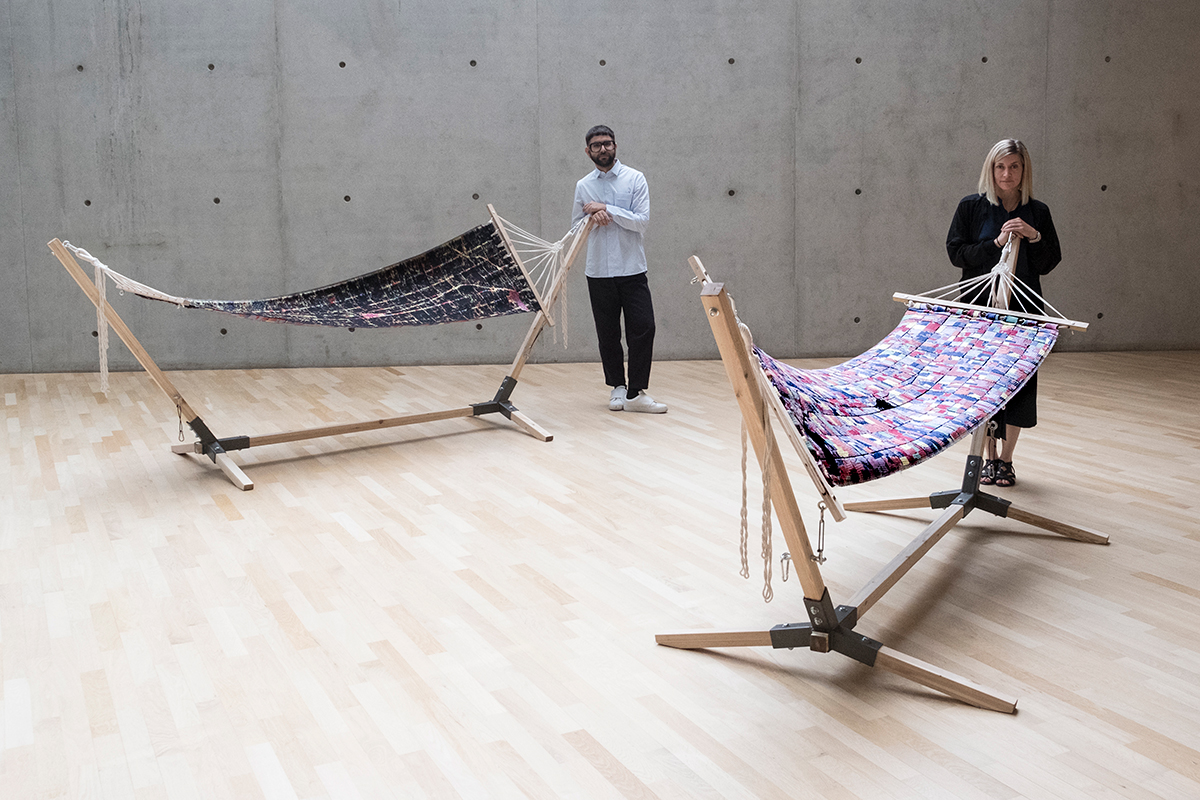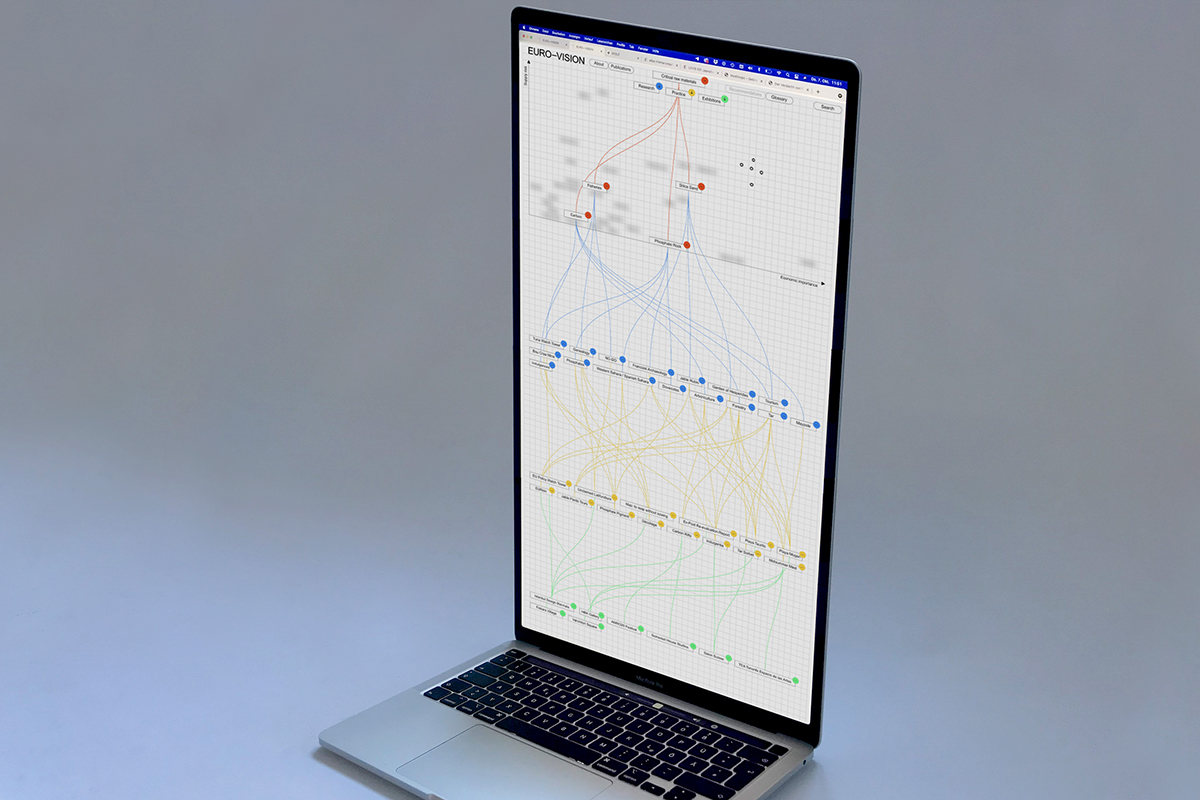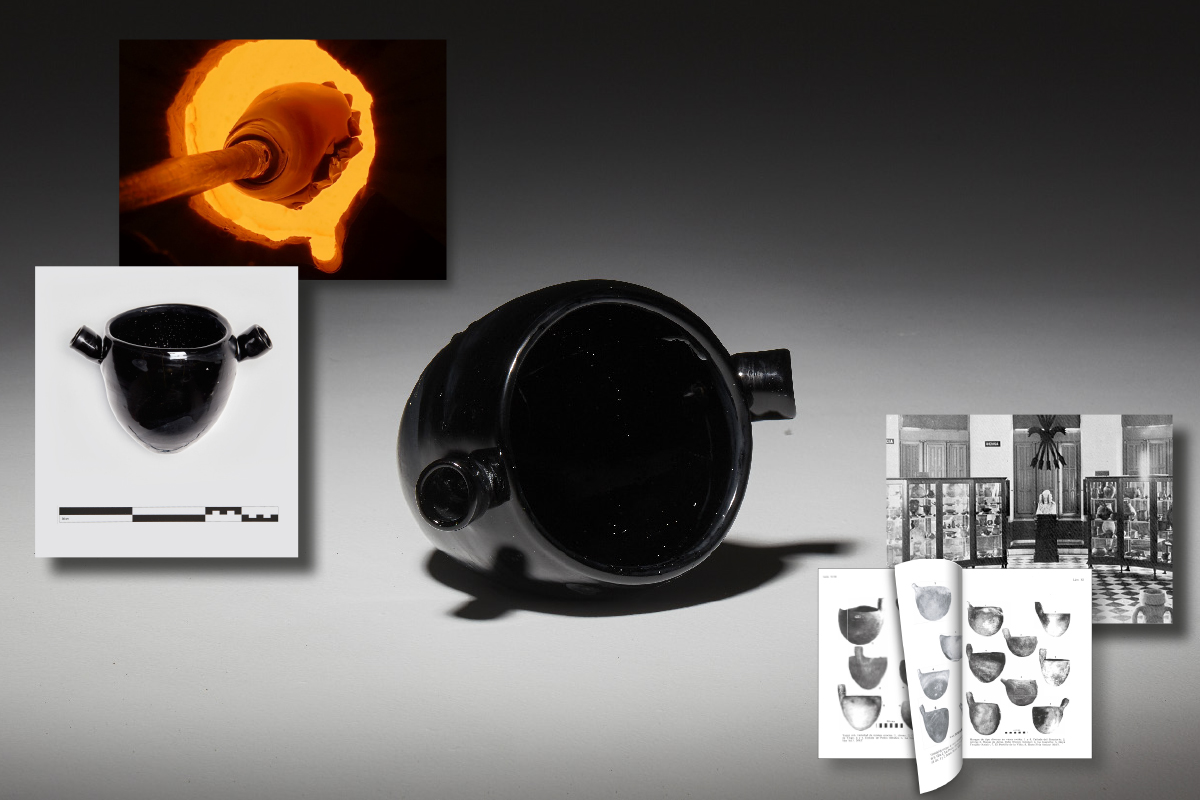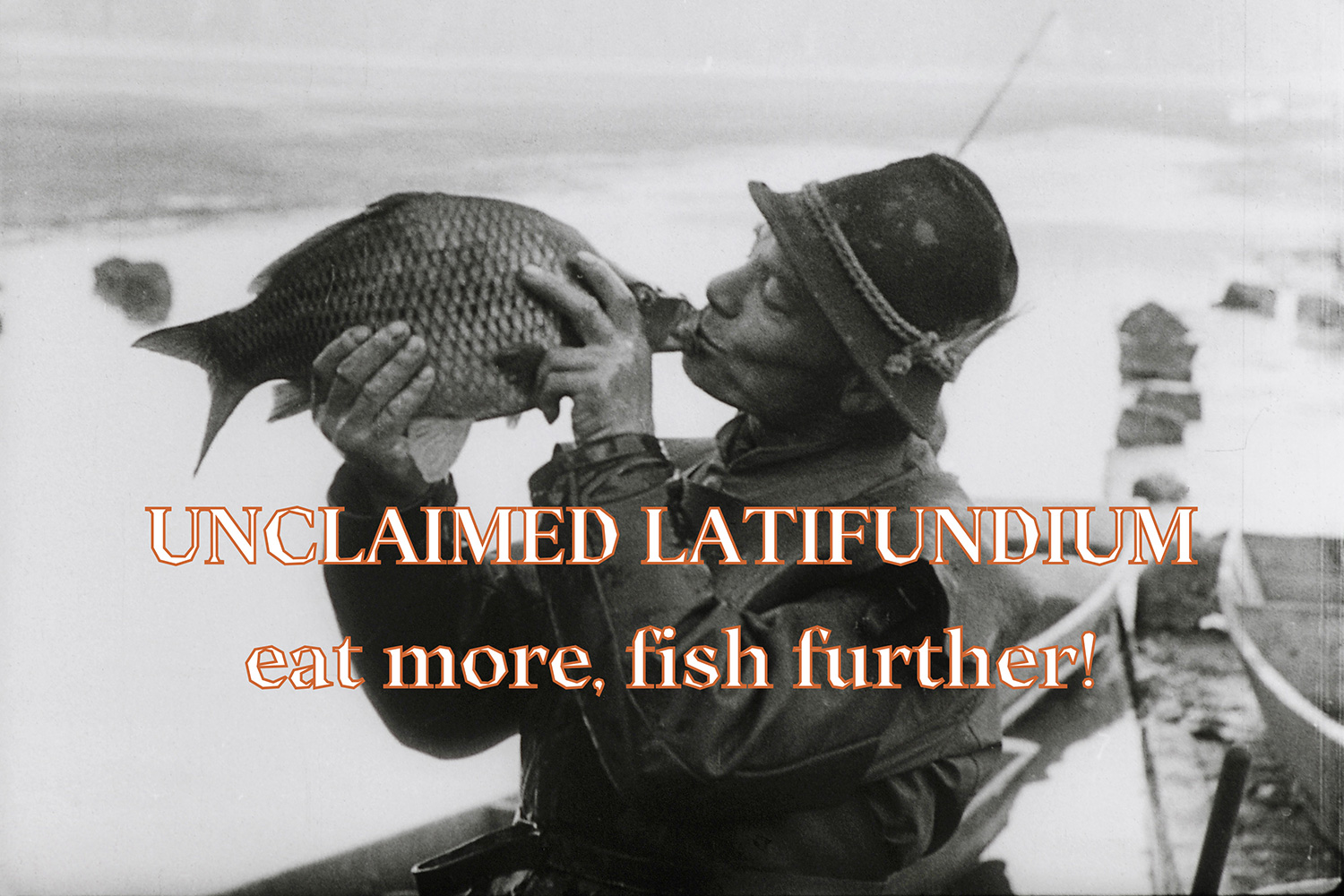Nutrients are not neutral. Continuing their enquiry into critical minerals, FRAUD will examine the finantialisation of waste and nutrient upcycling through the material investigation of phosphate. Phosphate rock is a finite non-manufacturable resource central to the production of industrial fertiliser, and therefore critical to food security, which is necessarily tightly embroiled with conditions of extraction.
As fertiliser increasingly eutrophicates English rivers with the accumulation of agricultural run-off, FRAUD will tend to wastewater as well as the “historiographical invisibility” of extractive practices central to the production of industrial fertiliser and its finantialisation through phosphate credits within the nutrient mitigation scheme. With Beckton Sewage Treatment Works (operated by Thames Water) being the largest tributary of the Thames, the river itself falls under the definition of wastewater. FRAUD’s aim is to base its experiments in how this refuse is being recycled as fertiliser to create possibilities of engagement with our inseparability to this material’s commodification and its toxic effects.
This practice inscribes itself within a desire to be attentive to re-circularity and decomposition, or to quote Maria Puig de la Bellacasa, “the breakdown and circulation of matter that rebalances generation, productivity, and excess in a finite Earth”. At the core of their enquiry is to think materially about the ecoloninsation of phosphate upcycling, the finantialisation of its re-circulation, as well as its place in non-modern belief systems. In short, the fellowship will be devoted to phosphate’s capacity to bridge toxicity, othering and health.




